A.G.A Nominations
View Bio
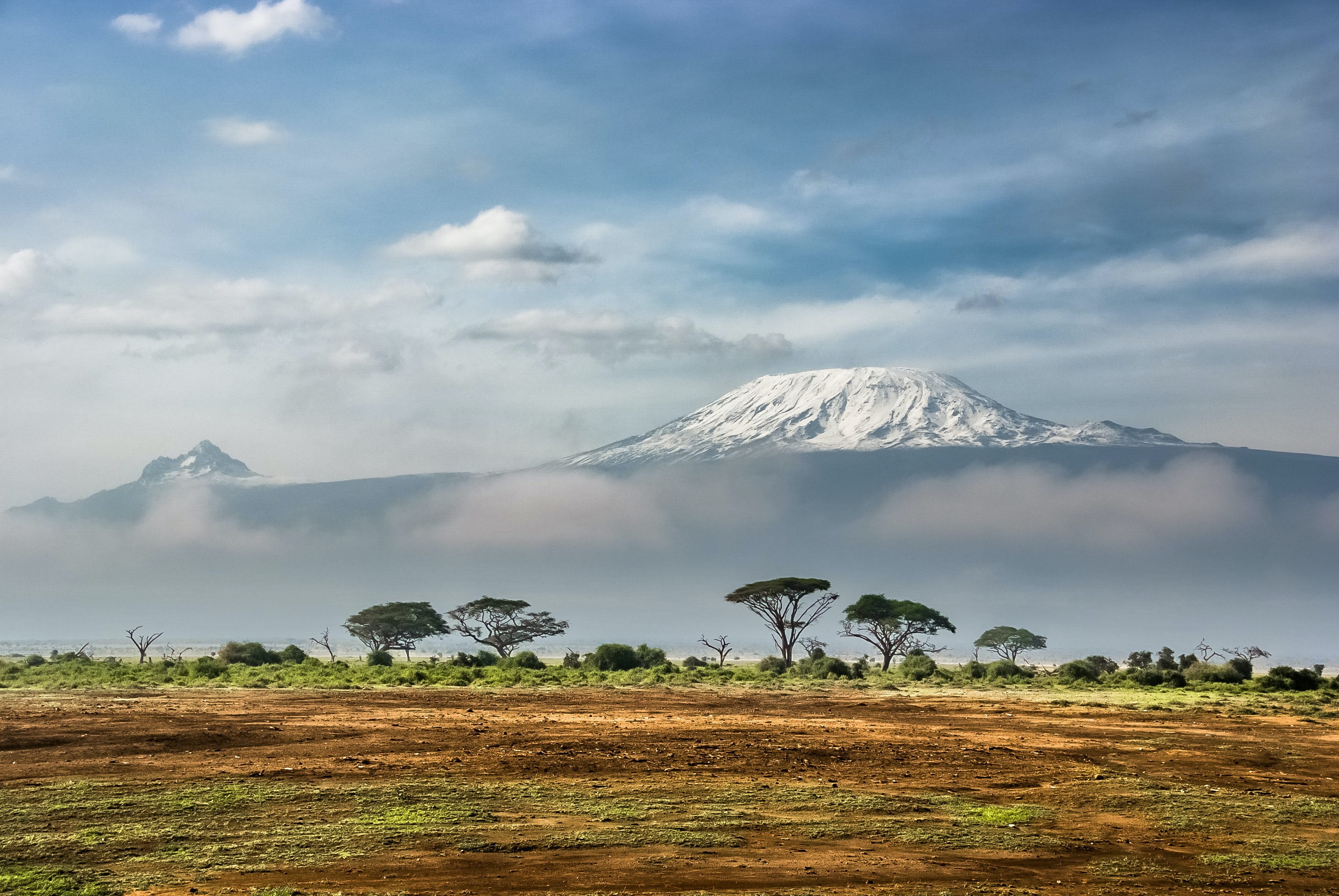
Thembisa Winston Kunene
Country: South Africa
Nomination Year: 2023
View Bio
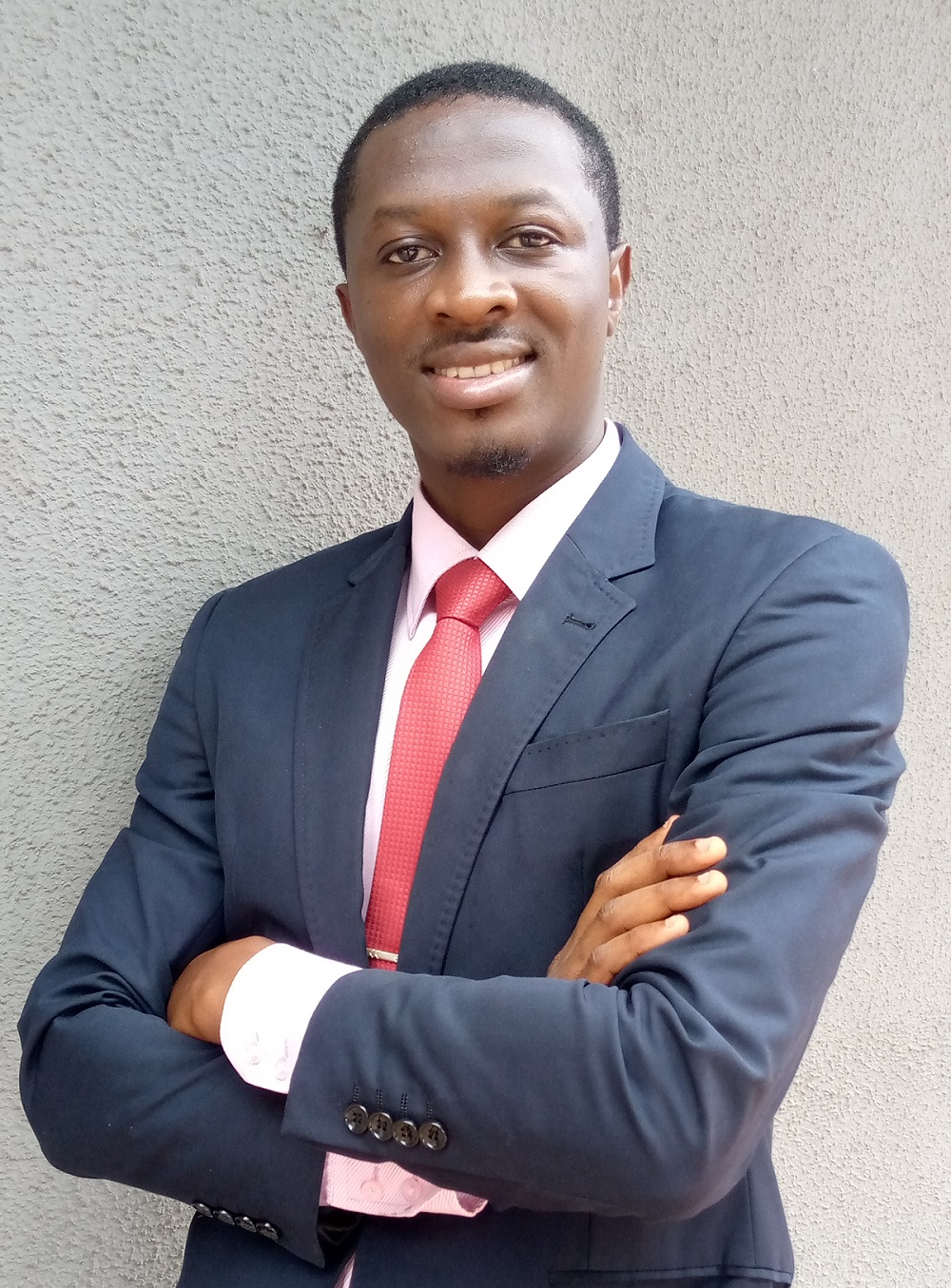
David Akinwamide
Country: Nigeria
Nomination Year: 2023
View Bio
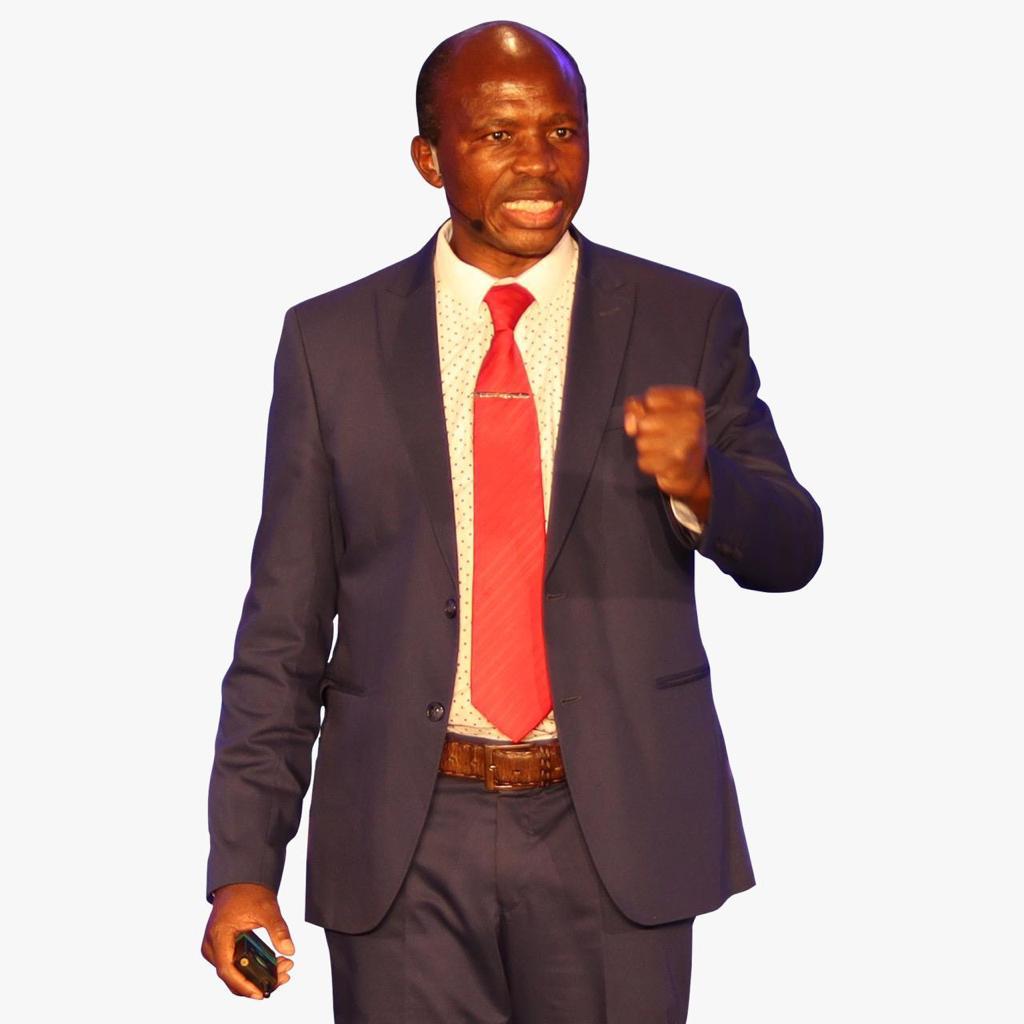
Dr. Kgabo Isaac Boshomane
Country: South Africa
Nomination Year: 2023
View Bio
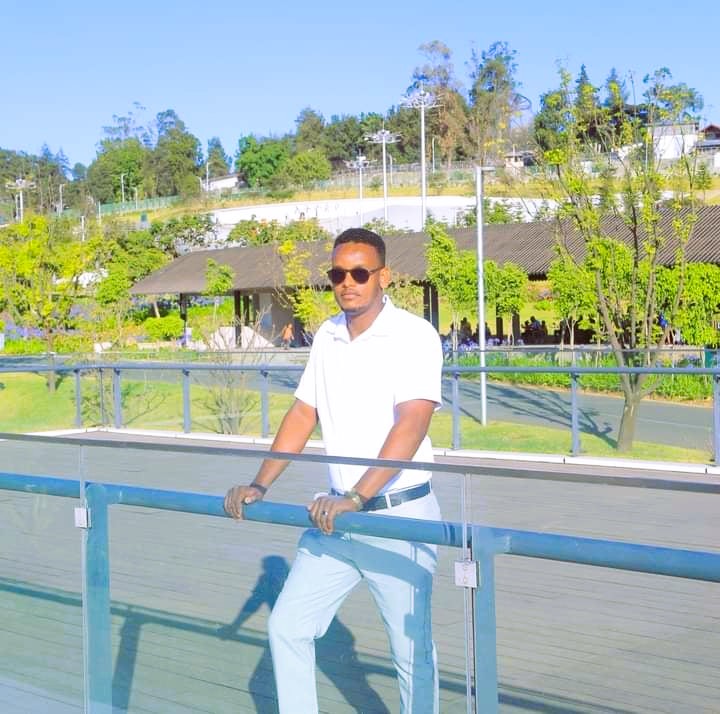
H.E. Amb Abbas Ahmed Abbas
Country: Somalia
Nomination Year: 2023
View Bio
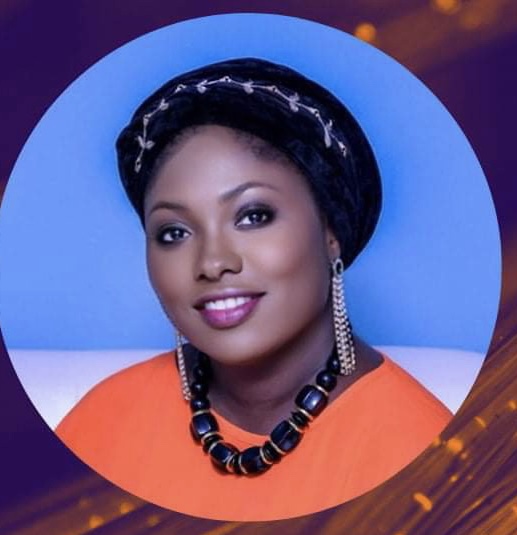
Dr Kadijatu Grace Kamara-Ahene
Country: Sierra Leone
Nomination Year: 2023
View Bio
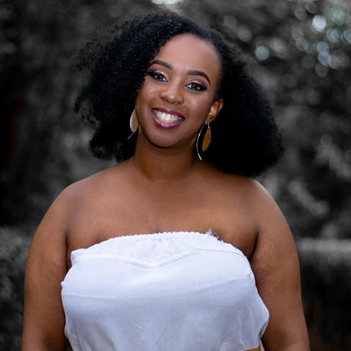
Dr. Angela Nyambura Gichaga
Country: Kenya
Nomination Year: 2023
View Bio

Professor Abdulrazak Gurnah
Country: Tanzania
Nomination Year: 2023
View Bio

Dr. Asmeret Asefaw Berhe
Country: Eritrea
Nomination Year: 2023
View Bio

Professor Tshilidzi Marwala
Country: South Africa
Nomination Year: 2023
View Bio
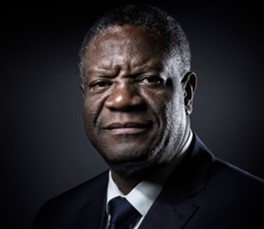
Dr. Denis Mukwege
Country: Democratic Republic of the Congo
Nomination Year: 2023
View Bio

Wangari Maathai
Country: Kenya
Nomination Year: 2023
View Bio
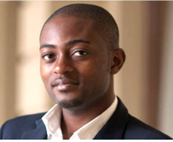
Arthur Zang
Country: Cameroon
Nomination Year: 2023
View Bio
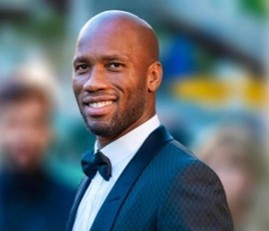
Didier Drogba
Country: None
Nomination Year: 2023
View Bio

Sadio Mane
Country: None
Nomination Year: 2023
View Bio
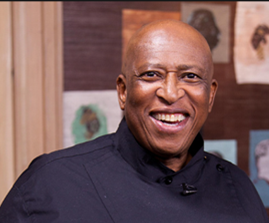
Zakes Mda
Country: South Africa
Nomination Year: 2023
View Bio
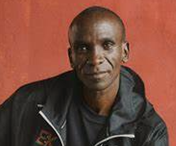
Eliud Kipchoge
Country: None
Nomination Year: 2023
View Bio
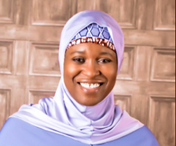
Aisha Yesufu
Country: Nigeria
Nomination Year: 2023
View Bio
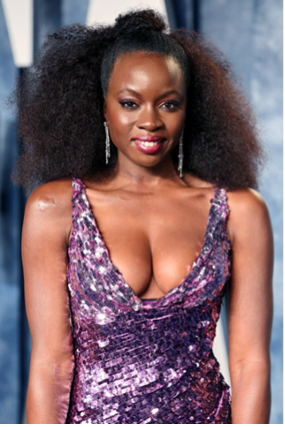
Danai Jekesai Gurira
Country: Zimbabwe
Nomination Year: 2023
View Bio
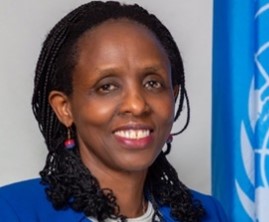
Agnes Matilda Kalibata
Country: Rwanda
Nomination Year: 2023
View Bio
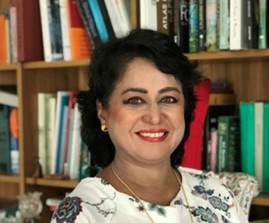
Dr Bibi Ameenah Firdaus Gurib-Fakim
Country: Mauritius
Nomination Year: 2023
View Bio
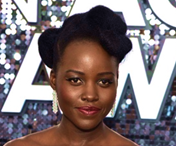
Lupita Amondi Nyong'o
Country: Kenya
Nomination Year: 2023
View Bio
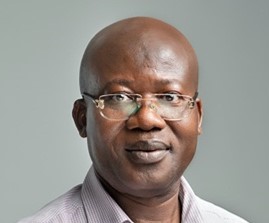
Eric Yirenkyi Danquah
Country: Ghana
Nomination Year: 2023
View Bio
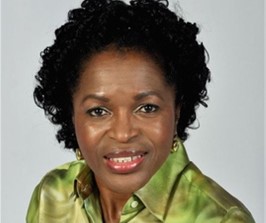
Dr Helena Ndume
Country: Namibia
Nomination Year: 2023
View Bio

Ouided Bouchamaoui
Country: Tunisia
Nomination Year: 2023
View Bio

Tony Elumelu
Country: Nigeria
Nomination Year: 2023
View Bio
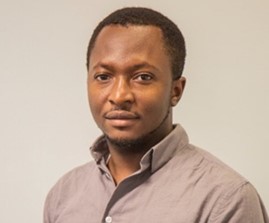
Moctar Dembele
Country: Burkina Faso
Nomination Year: 2023
View Bio
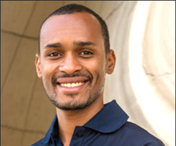
Morris Mbetsa
Country: Kenya
Nomination Year: 2023
View Bio
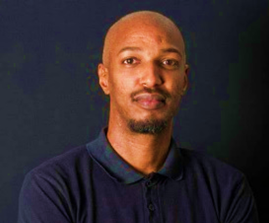
Henri Nyakarundi
Country: Burundi
Nomination Year: 2023
View Bio
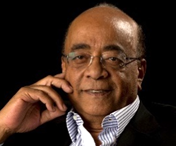
Mr Mohammed "Mo" Ibrahim
Country: Britain
Nomination Year: 2023
View Bio

Leymah Gbowee
Country: Liberia
Nomination Year: 2023